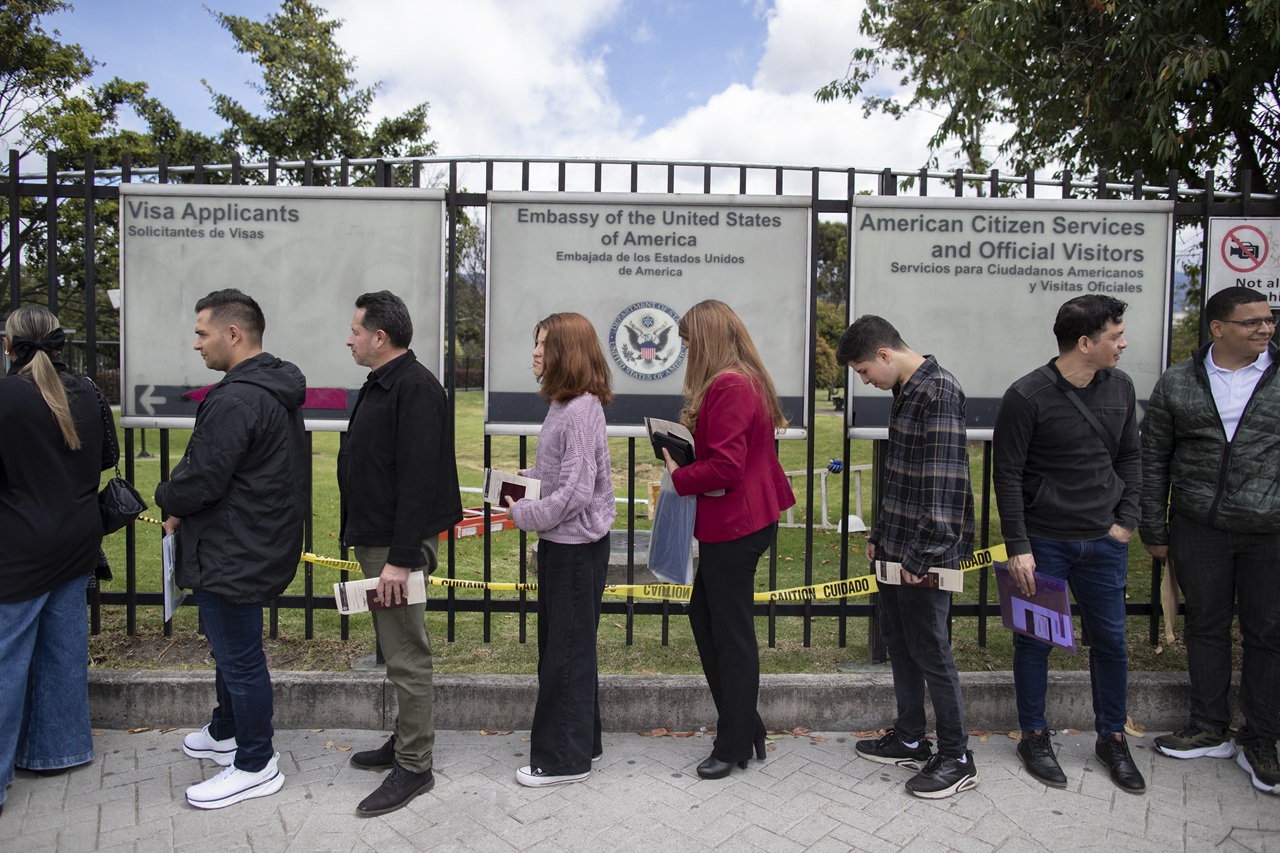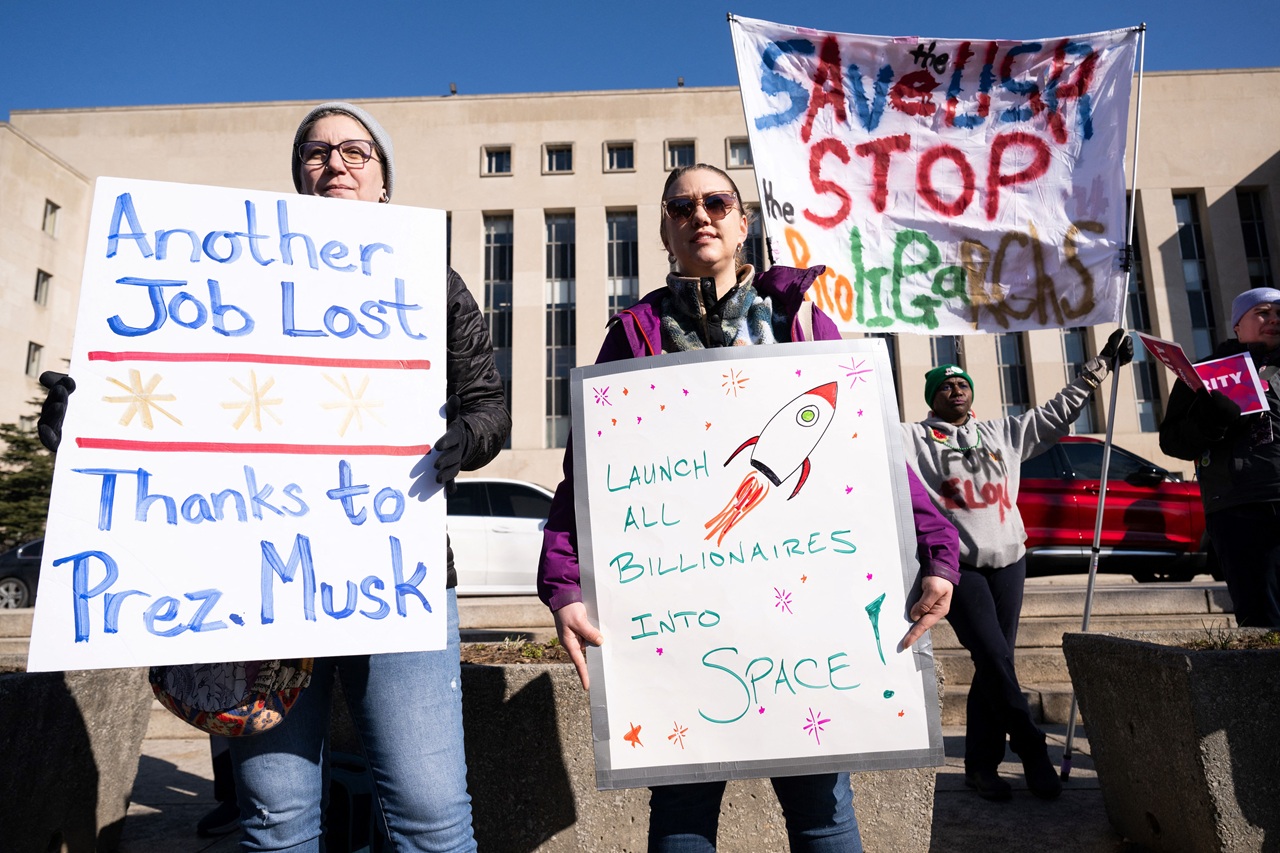
As in-person school comes back next Fall, AAPI students in California want protection and respect
Incidents of AAPI hate have been on the rise since last year, and students back in school bring a slew of new obstacles to fighting its occurrence.
In its most recent report, Stop AAPI Hate has recorded 6,603 incidents from March 19, 2020 to March 31, 2021. The number of hate incidents reported to the organization jumped significantly during March 2021 — from 3,795 to 6,603.
The type of incidents reported included verbal harassment, shunning, physical assault, civil rights violations and online harassment.
This alarming increase in violence and discrimination has not only led many Asian-Americans to make lifestyle changes to stay safe, but it has also worsened the ongoing mental health crisis within their communities.
A Stop AAPI Hate Mental Health Report, released on Thursday, May 27, found that 71.7% of respondents said anti-Asian discrimination was their greatest source of stress, much higher than other pandemic concerns.
This added stress and fear is raising concerns among students about whether returning to school in the Fall will be safe for them.
While adult women and senior citizens have been facing the majority of physical attacks, young students are experiencing heightened instances of racially-based bullying, an issue that did not stem from the pandemic alone.
A report by the Stop AAPI Hate Youth Campaign found that one in four Asian-American youth have been the targets of racism over the past year. The primary incidents involved verbal harassment, shunning, and cyberbullying.
In summer 2020, 990 Asian American Pacific Islander youth were interviewed about anti-Asian racism amid the pandemic. The survey, conducted by Stop AAPI Hate Youth Campaign, found that 8 out of 10 AAPI youth are angry about the current state of anti-Asian racism in the U.S. pic.twitter.com/Wjm5Jdemi6
— NowThis (@nowthisnews) September 17, 2020
The study involved nearly 1,000 interviews of Asian-American young adults conducted by a team of 87 Asian-American high school students. Nearly eight out of 10 respondents expressed anger over the epidemic of anti-Asian hate.
To address these concerns, a group of youth leaders from the Stop AAPI Hate Youth Campaign, Community Youth Center of San Francisco (CYCSF), and GENup, penned a letter to California Superintendents, Educational Leaders, and Educators.
In the brief but compelling letter, the youth leaders brought attention to the recent virtual roundtable conversation that occurred on April 21, entitled “A Conversation with Youth and Community Leaders about the Rise of anti-AAPI Hate Crimes.”
This discussion was held between CYCSF, the California API Legislative Caucus, Stop AAPI Hate and the The California Department of Education. The virtual conversation elevated the voices of these youth leaders and outlined a list of recommendations and action steps for educators to take.
“Members of the AAPI community are more scared of being racially targeted than of COVID-19. Hesitant to venture outside, AAPI students are fearful to return to the classroom because of this surge of anti-AAPI hate,” the youth leaders wrote.
The leaders suggested that these steps could become “integral components” of the community schools and Behavioral Health Initiative developed by Governor Newsom, a program intended to improve student mental health.
Youth leaders ask superintendents & educators to take steps to keep AAPI students safe. This letter was written by youth from our Stop AAPI Hate Youth Campaign, @cyc_sf, @GENupUS, & API Youth Leader Council & endorsed by @CADeptEd @TonyThurmond https://t.co/yabkogzPmZ
— Stop AAPI Hate (@StopAAPIHate) June 8, 2021
The rest of the letter is composed of bullet points with detailed recommendations on what California educators can and should do to protect Asian-American students in the upcoming school year.
RELATED CONTENT
The first recommendation involves parental outreach and holding discussions around hate and bullying.
“Beyond providing resources and communications in different languages, schools should seek to proactively contact families in ways that are effective,” the letter reads.
The students suggested utilizing social media platforms that are popular among AAPI communities like Whatsapp, WeChat, and KakaoTalk.
We recently hit 200 million users! Thanks to all our awesome users, we love you! pic.twitter.com/3BuTT5NXU6
— KakaoTalk (@kakaotalk) December 3, 2015
Next, the students recommended an anonymous and organized method of reporting hate and bullying instances, to protect the identity of victims. The students also made sure to emphasize the need for the online system to be multilingual.
“The website should be accessible (508 compliant) and shared with students through the school wellness centers, bulletin boards, website, and flyers around campus,” the students wrote.
The students then suggested the development of racial affinity groups, such as Asian Student Unions, and professional development for educators and staff that encompass “ethnic Studies, anti-racist and anti-bias practices.”
The other recommendations include restorative practices to build student solidarity in cases of bullying, mental health awareness and services, and more multilingual communication.
To conclude, the brave youth leaders thanked the educators for considering their requests and expressed hope that they will stand with their AAPI student population to “counter and eradicate the hate, bias, and bullying.”
The advocates who wrote this letter, Evan Chen, Alvin Lee, Megan Chan, Sabrina Tang, Thomas Files, and Zoe Yee, are a mix of junior and senior high school students, some peer leaders, and one executive director of the organization GENup.











LEAVE A COMMENT: